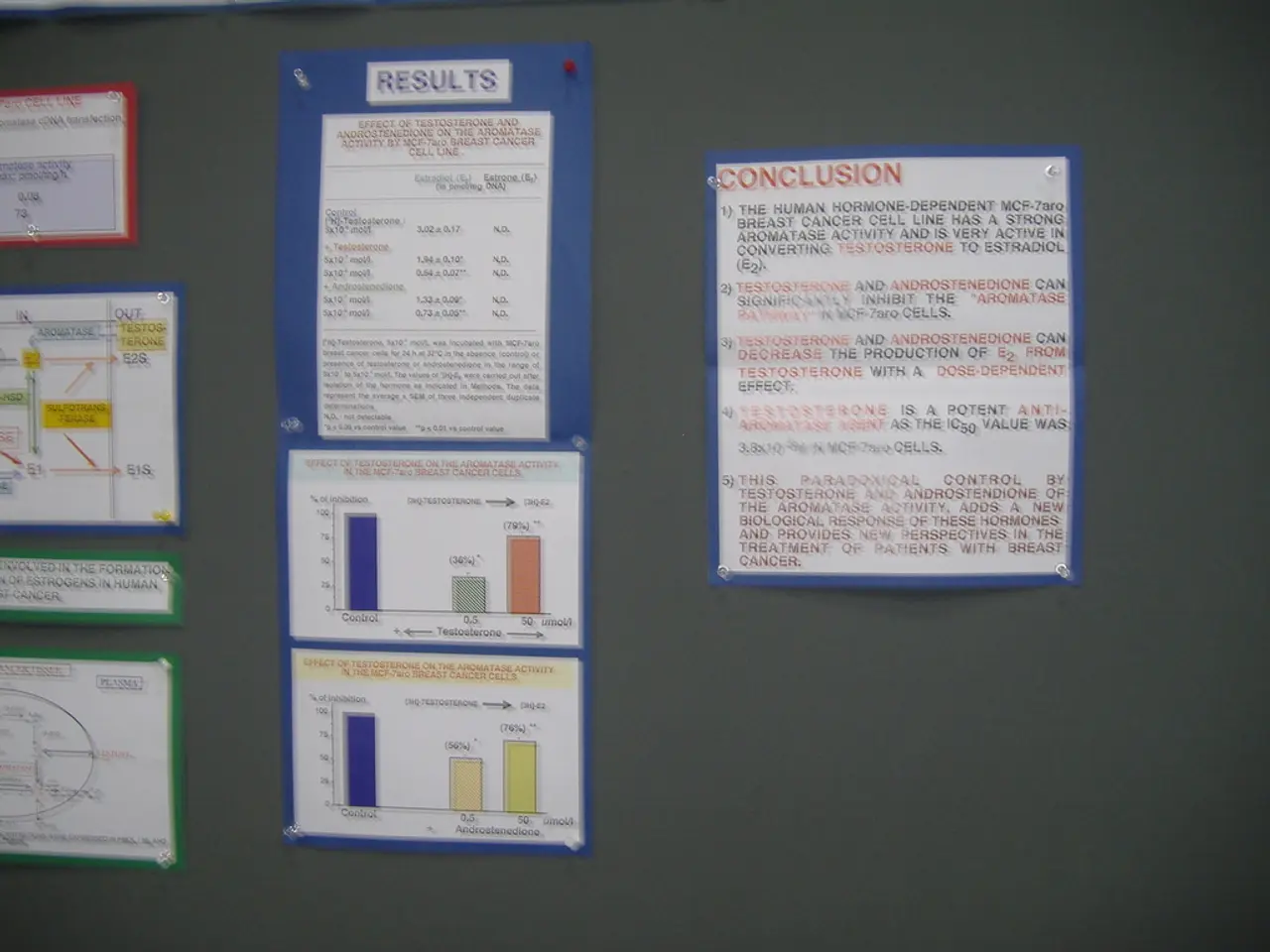Energy renewal flourishes in America, with GE Vernova investing heavily into Pennsylvania's economic infrastructure
In a move to meet the escalating demand for electricity driven by the power needs of data centers, particularly those necessary for artificial intelligence, the Homer City Energy Campus in Pennsylvania is being transformed into a more than 3,200-acre natural-gas-powered data center campus.
This ambitious project, expected to be completed in 2027, is part of a broader strategy by GE Vernova, an energy spin-off of GE, to invest significantly in the state. The company has announced plans to invest up to $100 million, creating 700 jobs at factories in Pennsylvania.
The Homer City project is not only aimed at meeting the demand for artificial intelligence and high-performance computing needs of innovative technology companies but also expected to deliver more reliable, affordable power. GE Vernova's technology helps produce over half of the power in the United States, making it a crucial player in the nation's energy landscape.
The company has received approval to provide seven of its high-efficiency 7HA.02 natural gas turbines to the Homer City Energy Campus. Additionally, GE Vernova is investing an additional $80 million in its grid solutions factory in Pennsylvania over the next two years, creating 250 jobs at the leading grid solutions factory in Charleroi.
The data centers, with their massive computing power, perform the tasks required for AI applications to function. Data center electricity consumption has tripled in the past decade and may double or triple again within three years, making the Homer City project a timely response to this growing demand.
The current state of the U.S. electric grid is characterized by rising demand and increasing strain. Factors such as extreme weather, power plant closures, reliance on intermittent renewable energy, and the growing power needs of artificial intelligence and data centers are pushing the grid to its limits.
In response, the energy storage market is expanding rapidly to help manage demand variability and maintain reliability. However, the Department of Energy warns that without robust policy reform prioritizing dispatchable energy resources (such as natural gas and nuclear) and infrastructure upgrades, the combined effects of power plant retirements, reliance on wind/solar, and surging AI-related demand might lead to increased power outages.
Besides AI and data centers, broader industrial power consumption is also expected to grow around 3% annually through 2035 due to reshoring and manufacturing priorities, further increasing grid demand.
In conclusion, the Homer City Energy Campus project is a significant step towards addressing the growing demand for electricity, particularly in the context of AI and data centers. The investment will help manufacture additional high-voltage switchgear products essential to the operation of the country's electric grids, contributing to the maintenance of grid stability and the avoidance of outages.
- The investment of up to $100 million by GE Vernova in Pennsylvania's factories, including the additional $80 million in the grid solutions factory in Charleroi, can be considered as part of their portfolio of investments in the state's economy and manufacturing industry.
- The Homer City Energy Campus, powered by natural gas, will not only support the energy needs of data centers and AI applications but also contribute to the finance sector by providing reliable, affordable power, making it an appealing option for industries seeking energy stability.
- With the expansion of the energy storage market, the Homer City Energy Campus, equipped with seven high-efficiency natural gas turbines, represents a strategic investment in the finance and energy sector, addressing the increasing strain on the US electric grid.
- As broader industrial power consumption is projected to grow at an annual rate of 3% through 2035 due to reshoring and manufacturing priorities, the Homer City project's contribution to maintaining grid stability and avoiding outages is crucial for the country's finance, energy, and manufacturing industries.




